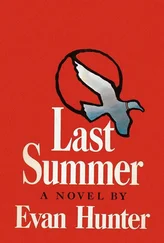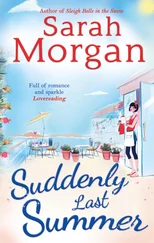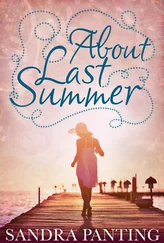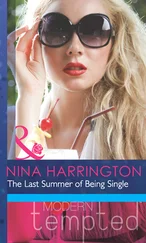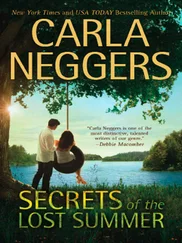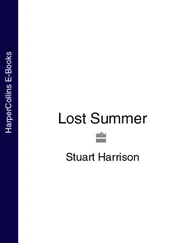Plainclothes police and investigators and informers came and went, testimonies were taken. We waited and watched as people were rushed into the ER, as patients were rolled in and out of the operating room, as a young man came screaming, asking for a hospital bed, for help, for his mother, his dear only mother. We have no beds, a young nurse told him. If you can find a free bed, you are very welcome to put your mother on it. She then walked off, seemingly indifferent. Perhaps it was her mechanism for survival. I had stood and watched as the young man screamed and shouted and tugged at his own shirt in frustration and people gathered to try to calm him, and me, I wondered if he had a gun. They seemed to be everywhere those days, that first year of revolution. In the background a woman was wailing for help, and others were asking for extra blankets, a chair, syringe, painkillers, a doctor. We’re out of supplies was invariably the response, if you find any you’ll be lucky . What were the chances of anyone surviving here, and even if they did, this — the chaos, the nonchalance — showed the value of a life in a country unable to accommodate or contain those it already hosts. This has nothing to do with riots or revolution, but the very fundamentals of an overtaxed and corrupt bureaucracy and the cycles of circumstance and life. This is the type of bureaucracy so far gone that there is no one left to argue with, no one to turn to with grievances. It has been this way for years. I wrote this down in a spiral notebook one night as dawn approached. Our friend survived. Six months later and after many surgeries and with the acceptance of disability. This was to be alive, to be a survivor. This was life, to have gotten lucky. Nine months later the assailant was found. He had stabbed five people that night alone. Three of them dead. He had lost his mind after the revolution. So the police said. I remember his picture, the mug shot. A tender-looking boy, absent in his eyes. I play through all this, sifting. The music suddenly stops, cutting off Fairuz midsentence. I get up and go inside. The power is out again. It happens every few hours. People mutter about inconvenience and the government’s inability to fix the problem, its incompetence, but real grievances are mild. I go back onto the balcony and sit down. I pick up the newspapers from the floor beside me and put them on my lap. I skim them, one by one, first page, third page, crime page. Most of the headlines seem the same. Most of the names are people I now know. Every day there is some mention of Dido and the other eleven activists in jail pending trial. Mama says it has been a crash course in life.
—
There is a new checkpoint near the house. I approach it and slow down. Two armed, masked members of the special forces stand by metal barricades. Two others in plain clothes stand with them. Usually they wave everyone by, barely looking into cars or at faces. They stop me. Ask for my licenses, my ID. I reach for my wallet. The officer looks. Turns them over. Shuffles them like a deck. Hands them back to me, looking at the next car. I look up at him. You can go. It’s early for a checkpoint, but I see another at the foot of the bridge. Pass one at the end of a ramp. Each day in the newspapers there is a story of an officer shot, a drive-by checkpoint shooting. On Facebook someone posts that the stories are contrived. Fear-mongering to justify the crackdown on Islamists. Most people I know don’t seem to have objections. People talk about relativity, and how we are better off than before.
I drive around the island, slowing as I approach the club. They ask me to open the trunk of my car. Check it halfheartedly. Wave me in. I park, walk through the gardens of flowers, past the golf course, through the parking lot, up the steps towards the pool. I see Baba at the other end, sitting alone. I kiss him on one cheek and sit down. What news? I ask. He tells me the weather is beautiful. I nod. How have you spent your morning? Why are you sitting alone? Where are your friends? He shrugs. He doesn’t know why no one has shown up today. A young man in orange overalls comes with a tray. He smiles and salutes us. What can I bring you today? Baba asks for a large grapefruit juice with no ice. I ask for a coffee, full-cream milk. Did you see the story of Dido in the paper today? He did. I know that Baba sees some of his younger self in Dido. As a young boy Grandpapa would drop him off at university and gesture with his fingers over his mouth like a zip. We don’t want any talk of politics, son, to which Baba would bow his head slightly and respond, Yes sir. He would get out of the car and talk of nothing but. He repeats to me the story. You were brave, I say. I simply had the gene of rebellion, he says. Most of his friends were conformists, but he had been arrested three times for protesting. His face lights up.
—
The revolution had brought Dido and me closer again, then as it began to create divides between all of us, it tore us even further apart. I had risen to the news of his arrest one day last winter, on charges of inciting anarchy, disrupting the state. There had been insinuations against him and his friends for months. They had already arrested, released, then rearrested some of them. It seemed a matter of time before they would come for him. One night outside the Israeli embassy I had watched him stand with others who were making Molotov cocktails and throwing them high into the sky toward its premises. I had been almost certain they would take him that night, even though his actions were just in words. During the initial months, I went to the jail to visit him alone. Our conversations were terse, uneasy. I talked to him about Baba, the news, the conspiracy theories circulating around everything. I told him a little about my own life, my writing, the short films I was dabbling with, ideas I had, my novel beginning to take shape. He would sit slightly hunched in his white prison outfit and listen. Prisoners had no choice but to meet the visitors who came for them, and he seemed to sit as if in obligation, answering me in monosyllables. In an earlier life I might have withdrawn, too conscious of myself to stay unwelcomed. I imagine it was the changes of the past few years that had made me bolder, more resilient, even as it fractured something else. Each week I would see the change in Dido’s face, the stubble that eventually became a beard, his hair growing out, the very structure of his face transforming. I couldn’t tell if it was just the thinning of his frame or if his bones were transmuting, responding to the sadness and the pressure. His face looked sharper, more grating. Eventually he began to warm to me. He started to ask questions. He told me that prison was breaking his soul and he was doing everything he could to fight that. They had deprived him of books and writing materials. They made sure he couldn’t see the sky. He slept fourteen hours a day, curled into the corner of space he could claim in his cell meant for two, shared with eighteen. I could tell he felt guilty for what he perceived to be his weakness. One day he asked to see Baba. It had been almost thirty years.
—
It was the day of his birthday, early this summer. Baba insisted we stop and buy a cake. Or make it four cakes, he told the man serving us, whispering to me that Dido would have to share, we couldn’t just go with one. We drove along the corniche to the outskirts of the city, past the suburbs of new developments, to the line of the horizon where the informal settlements begin. Baba approached the gate. I followed. He gave Dido’s name. Showed his ID. Offered a tip. We waited. Eventually Baba went back to the car and sat in the backseat, legs stretched out. I stood by the gate pacing. An hour passed until they let us in. We went through the maze of corridors and into a decrepit room. Dido was already waiting, sitting on a metal chair, a guard by his side.
Читать дальше
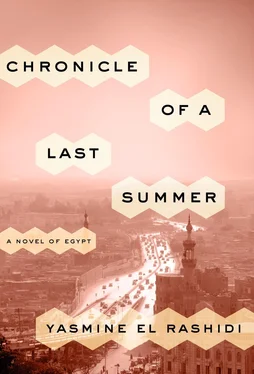
![Маргарет Миллар - Rose's Last Summer [= The Lively Corpse]](/books/384369/margaret-millar-rose-s-last-summer-the-lively-c-thumb.webp)
